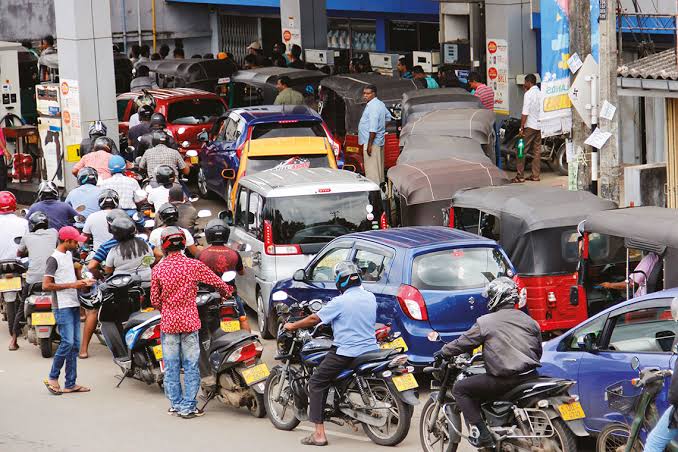The Federal Government’s decision to selectively reopen filling stations in border communities, previously closed under the Buhari administration’s 2019 fuel supply ban within 20km of borders, has sparked controversy. While lauded by some as a step towards economic relief, the move has been met with criticism from independent petroleum marketers who argue that it fosters profiteering, monopoly, and violates the rights of citizens residing in border areas.
The 2019 ban, aimed at curbing smuggling, rendered over 400 independent filling stations inoperative, representing significant investment losses for marketers. The recent waiver granted to a select few stations in specific border towns, while providing some relief, has raised concerns about potential exploitation and unfair market practices. The Independent Petroleum Marketers Association of Nigeria (IPMAN) contends that restricting fuel supply to border communities contradicts the Petroleum Industry Act (PIA), which mandates fuel availability to all Nigerians regardless of location. They argue that the selective reopening creates an artificial scarcity, empowering the chosen few to dictate prices and exploit consumers who lack alternative fuel sources. This, they warn, will inevitably lead to increased hardship, inflation, and profiteering in these communities.
The core of IPMAN’s argument rests on the principle of equal access to essential resources. They emphasize that residing in a border area should not disqualify citizens from receiving fuel supplies, a fundamental right guaranteed by the PIA. The association posits that the focus should be on strengthening border security and preventing smuggling, rather than punishing entire communities by restricting their access to fuel. This, they believe, is a more effective approach to addressing the underlying issue without infringing on the rights of law-abiding citizens. Furthermore, the selective reopening creates an uneven playing field, favoring a select few while leaving hundreds of independent marketers stranded with their investments lying dormant. This, IPMAN argues, not only undermines fair competition but also perpetuates economic disparity within the border communities.
While acknowledging the positive impact of the partial reopening for some border towns, critics emphasize the need for a more comprehensive and equitable solution. The selective approach, they argue, creates a two-tiered system where some communities benefit while others continue to suffer the economic consequences of the ban. This disparity not only fuels resentment but also raises questions about the fairness and transparency of the selection process. Moreover, the limited number of operational stations creates a logistical challenge for residents who may have to travel long distances to access fuel, further exacerbating the hardship they face. This underscores the importance of a more holistic approach that ensures equitable fuel distribution across all border communities.
Proponents of the selective reopening, including local lawmakers, highlight the economic hardship faced by border communities due to the fuel supply ban. They argue that the partial lifting of restrictions will stimulate local businesses, reduce transportation costs, and alleviate the burden on residents. While acknowledging the need for a balanced approach that considers national security, they emphasize the importance of prioritizing the economic well-being of border communities. The lifting of restrictions, they believe, is a step in the right direction and a testament to the government’s commitment to addressing the challenges faced by these communities. Furthermore, they urge residents and fuel station operators to act responsibly and within the confines of the law, ensuring that the renewed trust is not misplaced.
Moving forward, a comprehensive reassessment of the fuel supply policy in border communities is crucial. A balanced approach that addresses security concerns without unduly burdening residents is essential. This could involve strengthening border patrols, implementing stricter monitoring mechanisms to prevent smuggling, and investing in infrastructure to facilitate legal fuel trade. Simultaneously, ensuring equitable access to fuel for all border communities is paramount. This could involve a phased reopening of all licensed filling stations, coupled with robust regulatory oversight to prevent profiteering and ensure fair market practices. Ultimately, the goal should be to strike a balance between national security and the economic well-being of border communities, ensuring that all citizens have equal access to essential resources.


